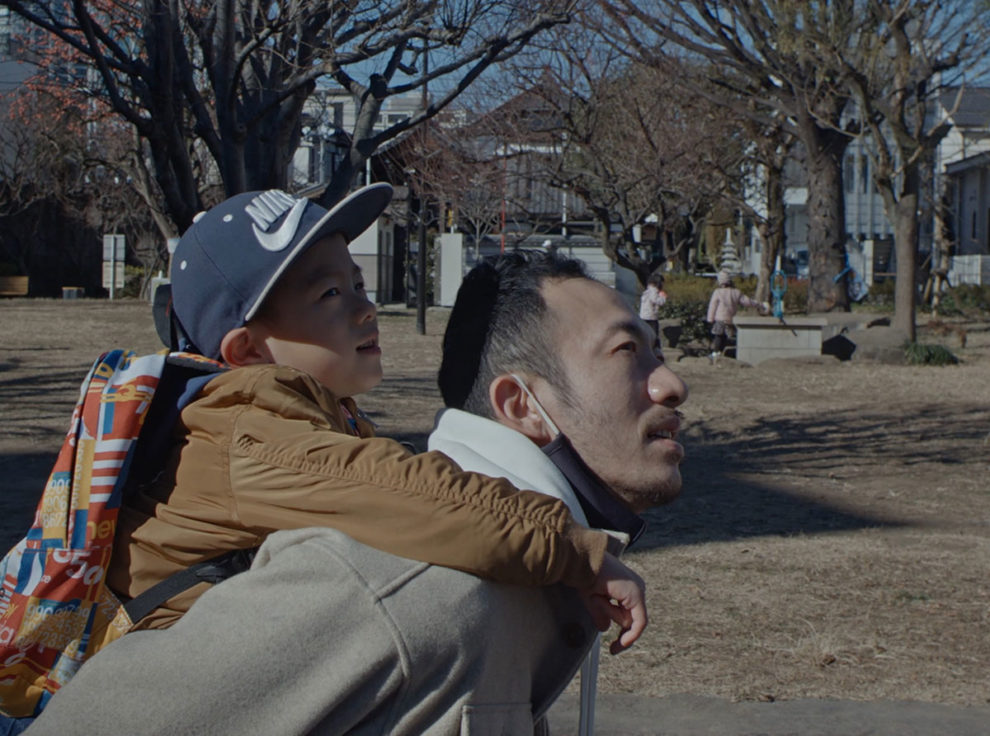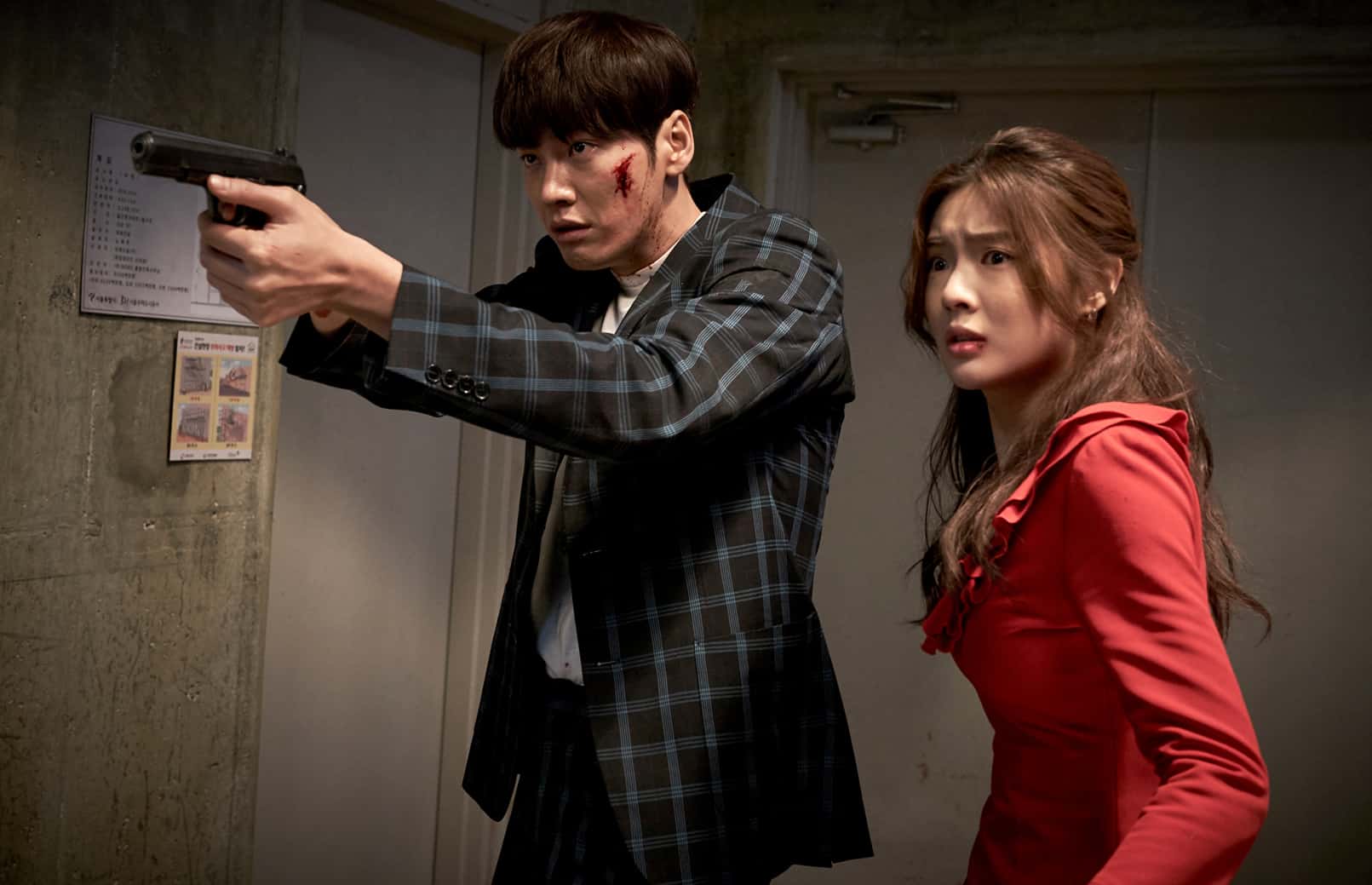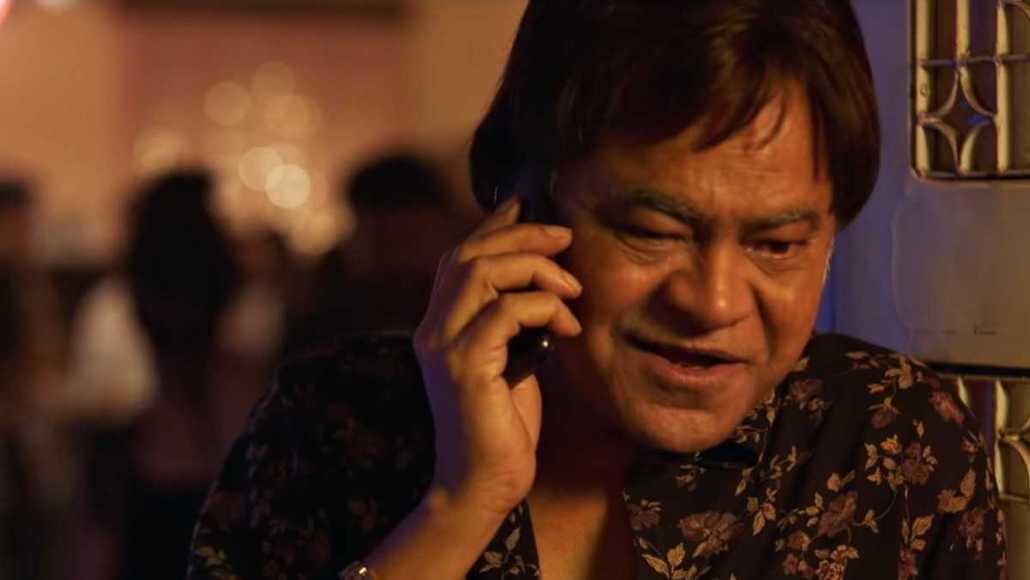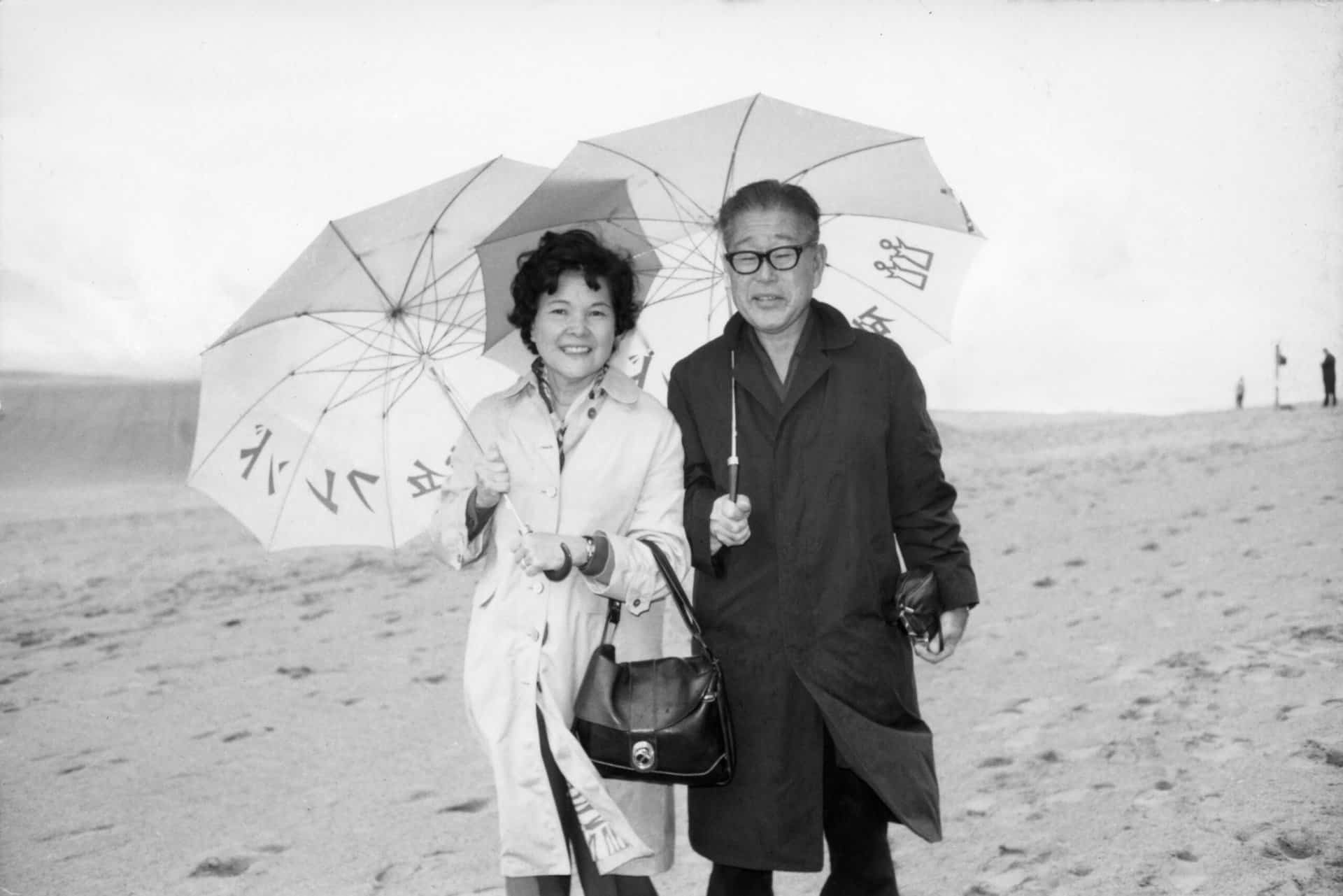Exploiting the means of documentary filmmaking, Fumito Fujikawa (“The Name of the Whale” 2015) shows the breakup and rearrangement of a young family. “The Light of Spring” was shot in the suburbs of Tokyo with a real-life family of four. The non-professional cast relies on no script and delivers an honest snapshot of the city life.
“The Light of Spring“ is screening at Five Flavours Asian Film Festival
The story focuses on the cheerful boy named Syui and his father, who visit a museum, while his mother and younger sister leave the household. After that, the young father has to come to terms with his private and vocational life. At the end of the film, it becomes apparent that his wife wants to reunite, but he is still struggling. In an intriguing dialogue between the couple, Fujikawa exposes the wrong expectations that turned the man away from the family and describes a feeling of alienation towards his own concept of a common future. Besides all the tension, the plot keeps a positive outlook and preserves itself with an almost childish or naive spark of hope, which can be seen as Syui's point of view on a harmonious fate.
Director Fumito Fujikawa already proved himself as the winner of the Audience Award at the 2015 Pial Film Festival. In his newest work, he combines his passion for raw filmmaking with an experimental acting approach that blurs the lines between fact and fiction, resulting in imperfect editing and bumpy performances. The slow cinematic style equates empty rooms with the uncertainty of its characters. Unwilling to cut away from the shot, the viewer gets confronted with a vacuum that needs to be filled by his own comprehension. A minimal use of dramatic effects such as music deepens the psychological impact of these scenes. However, “The Spring of Light” fully blooms in its last 20 minutes when mother and father get together for a serious talk. It is unclear if they improvise or act along a written script, but the meaning is strong and rewards for a slow-paced film, that, up to this point, is rough to handle.

The “Dramamentary” deserves credit for its extraordinary realization and sticks out of the huge pile of slice-of-life domestic dramas that are filling the Japanese film market. At the same time, this unusual concept contains its biggest weakness. The pacing and the ability to keep the audience interested in the course of the plot suffer under the artistic aspirations. Therefore, “The Light of Spring” aims not for a big crowd, but for an open-minded target group, which longs for an absorbing experience.















